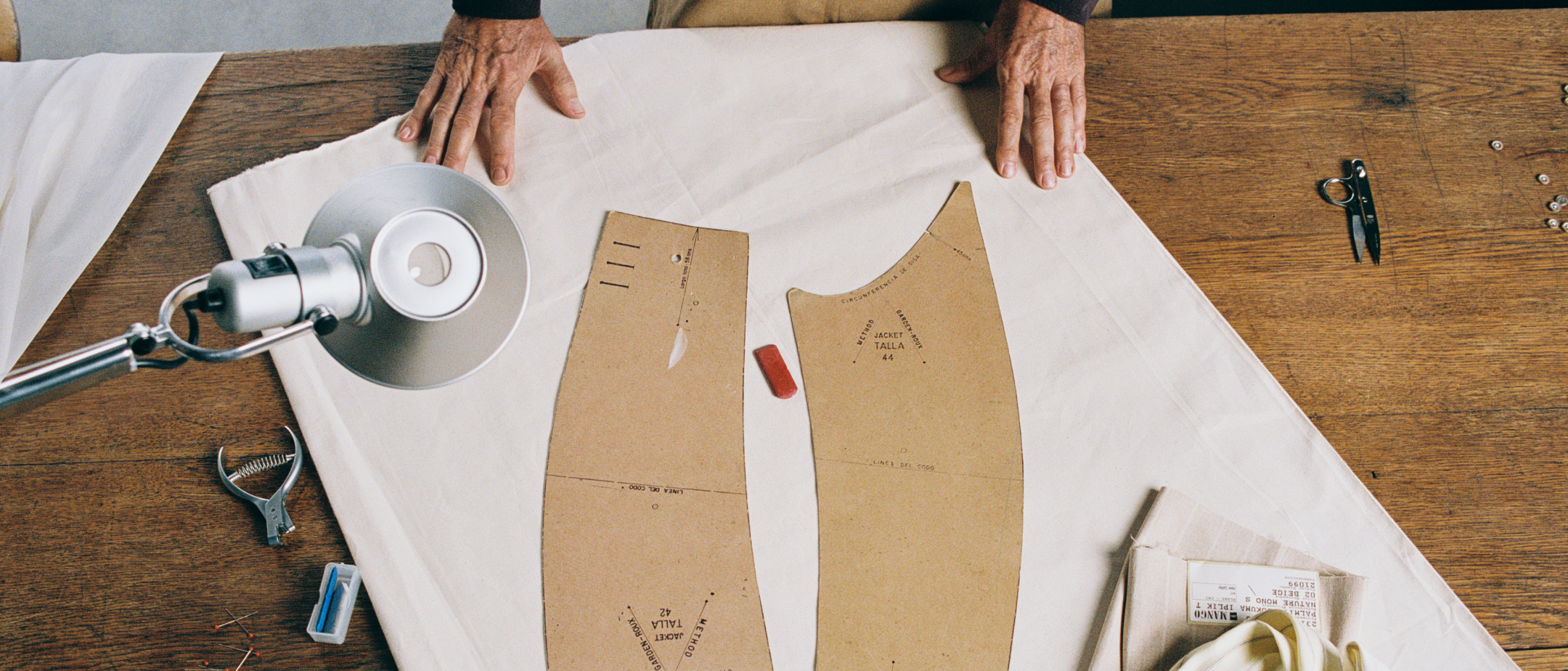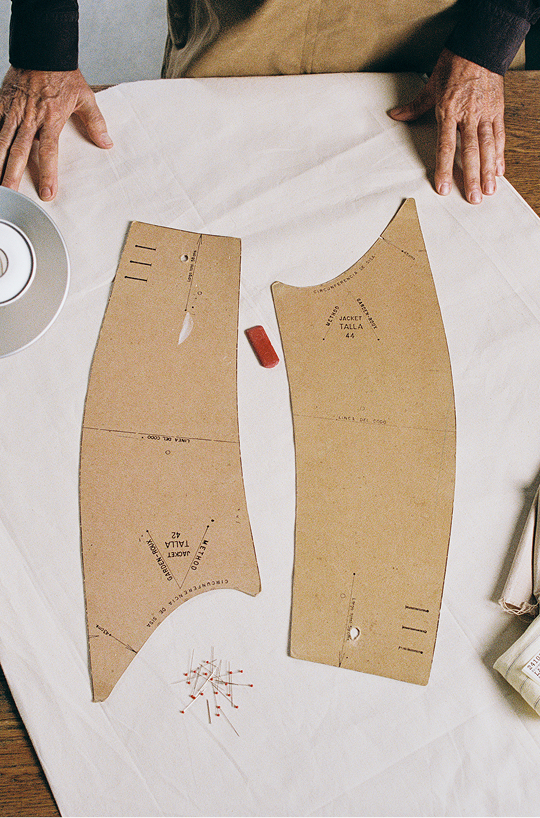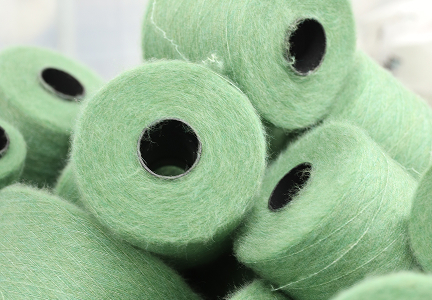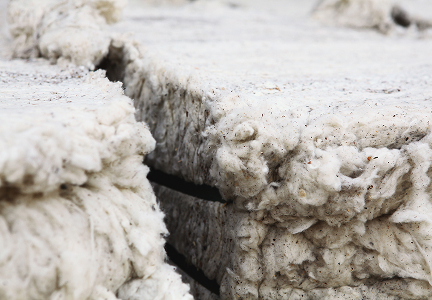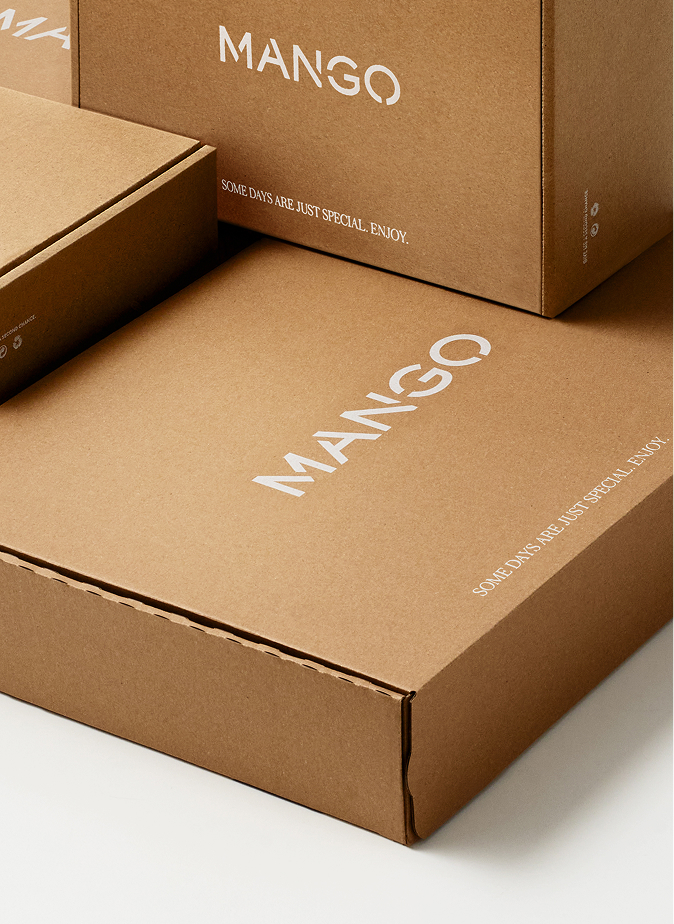Discover the latest in Mango
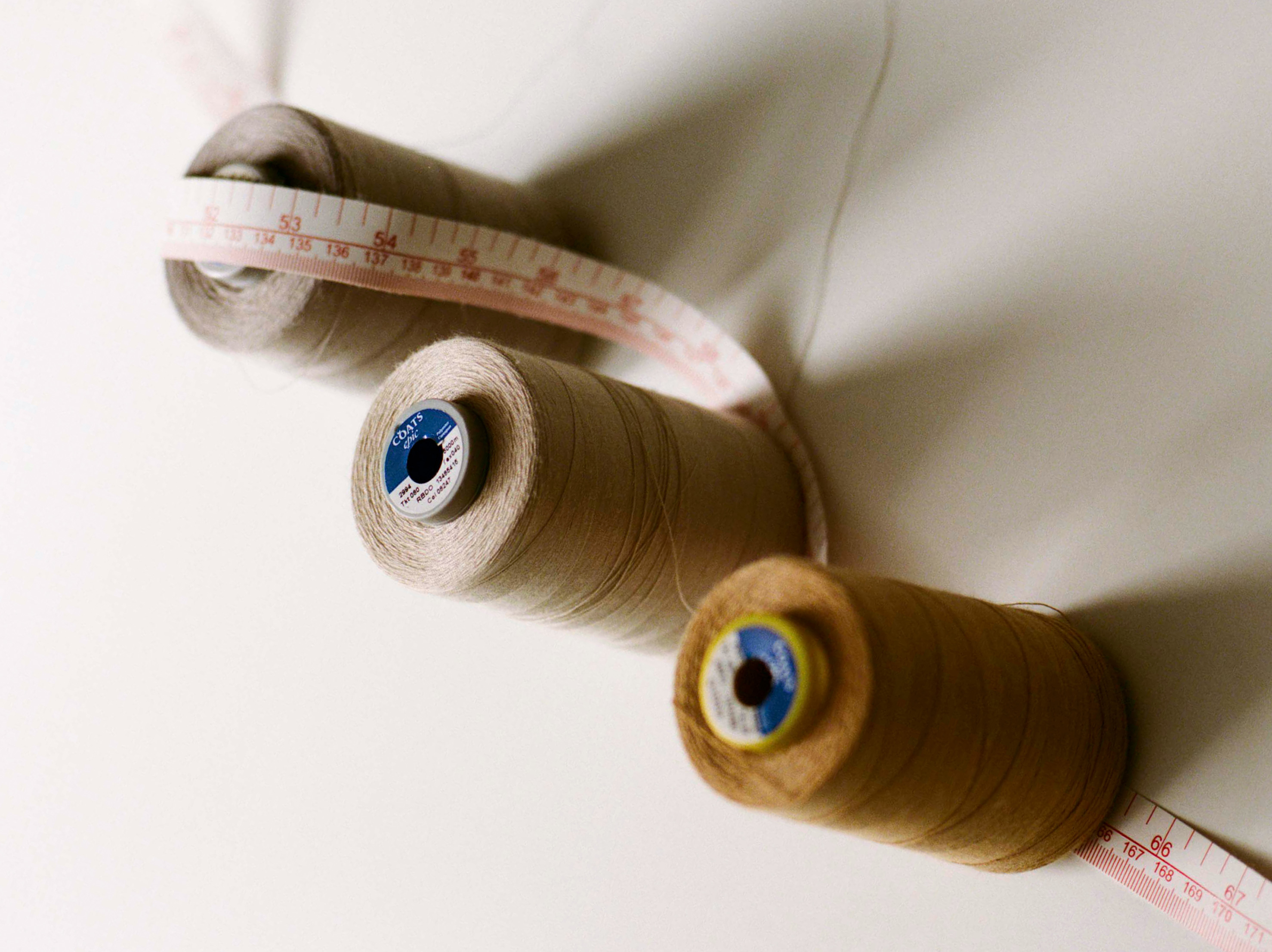

SUSTAINABILITY
The company is expanding its collaboration with The Post Fiber by incorporating post-consumer recycled fibres into two new capsule collections for its Mango Kids and Mango Teen lines. These launches reinforce Mango's commitment to circularity in the textile industry by integrating recycled materials into its garments and encouraging more responsible and collaborative practices within the sector. Mango, one of the world's leading fashion groups, has announced the launch of two new capsule collections for Mango Kids and Mango Teen, made using post-consumer recycled fibres from The Post Fiber. The two new collections will be available online and in selected Mango stores in December. In doing so, the company is expanding its use of recycled materials and solidifying its collaboration with the start-up specialising in managing and recycling post-consumer textile waste to produce new fibres for garment manufacturing. Following these launches, it continues to advance its commitment to circularity and is considering incorporating more recycled materials into future collections. Within this context, Mango was recently presented with CompromisoRSE's Sustainability Action Award for implementing initiatives that promote circularity in the sector. These include the launch of the first Mango Teen capsule collection, which was made from recycled fibres derived from post-consumer textile waste and developed in collaboration with The Post Fiber. Lower-impact materials and post-consumer fibres from The Post Fiber Some of the recycled fabric used to make the garments in this collection comes from post-consumer fibres recovered and processed by The Post Fiber. These fibres are sourced from end-of-life garments collected from textile recycling bins. The garments are shredded and spun into yarn, which is then woven into fabric, giving textile waste a second life and helping to close the product cycle. 'The expansion of these capsule collections in Mango Kids and Mango Teen demonstrates our firm commitment to scaling circularity in our collections. By collaborating with The Post Fiber, we can work towards a more responsible textile industry, integrating post-consumer recycled materials and supporting startups that are changing the way we manage textile waste', says Berta Moral, Director of Mango Kids and Mango Teen. Mango has invested in the startup through Mango StartUp Studio, establishing itself as one of the leading companies in incorporating post-consumer recycled fibres and in promoting collaborative textile waste management solutions. Advances in circularity and sectoral collaboration These new collections form part of Mango's sustainability strategy for 2030, which focuses on reducing environmental impact, increasing the use of recycled fibres and integrating circular models into its collections. In this vein, the company has made significant progress in its roadmap, with advances in circularity, environmental impact and social commitment, with the aim of creating more responsible fashion as a strategic pillar of its value proposition. With regard to the materials used in its collections, the company is moving closer to its goal of using 100% environmentally-friendly fibres by 2030. By the end of 2024, Mango had reduced the environmental impact of the fibres used in its garments by 72%, with 25% of those fibres being recycled. Thanks to its partnership with The Post Fiber, the company is making progress towards its goal of increasing the use of recycled fibres in its collections to 40% by 2030.
15 DECEMBER 2025
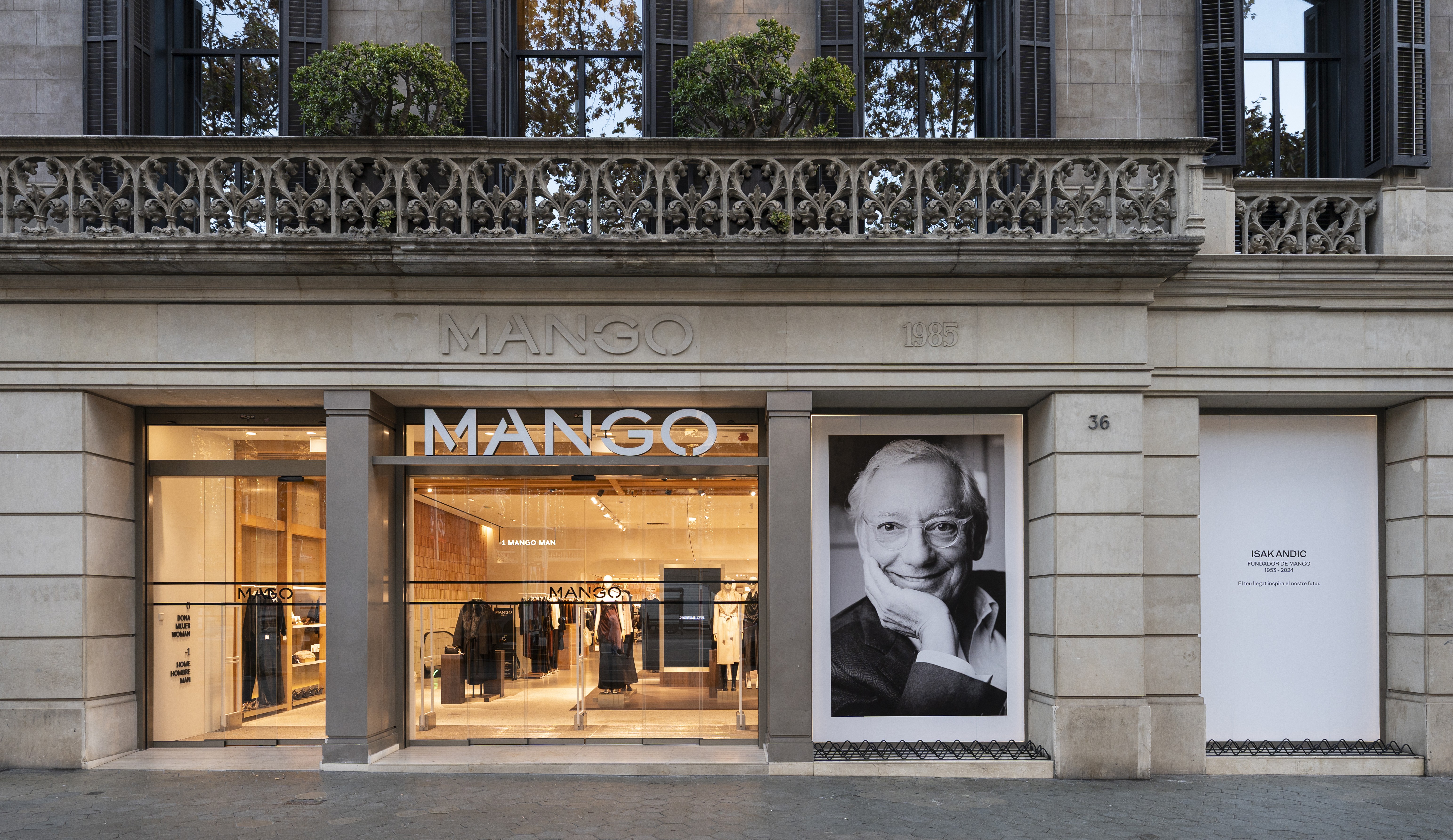

CORPORATE
Mango commemorates founder Isak Andic and his legacy on the first anniversary of his death
12 DECEMBER 2025


EXPANSION
Mango Expands U.S. Retail Presence with First Illinois Store on Chicago’s Magnificent Mile, Marking its 60th Store
10 DECEMBER 2025
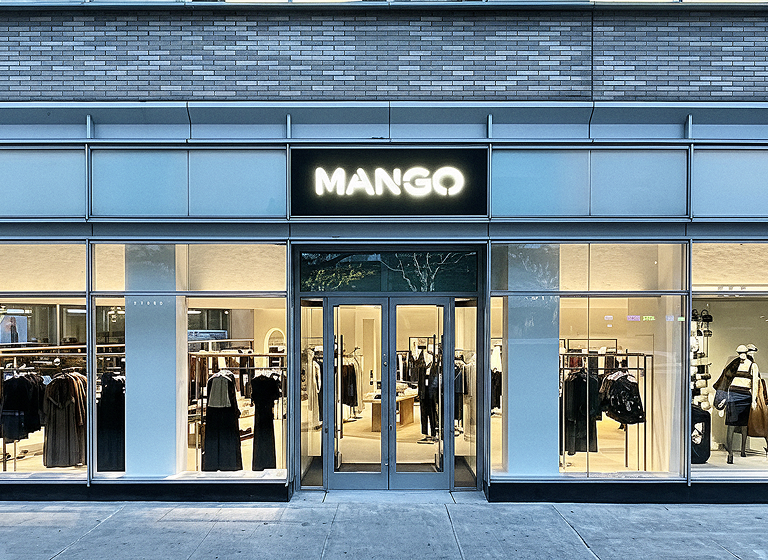

EXPANSION
Mango Expands New York City Presence with New Store in Lincoln Square
01 DECEMBER 2025



